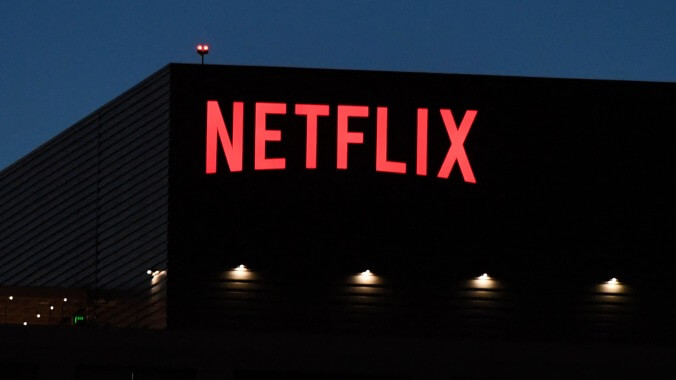Netflix is raising prices by $1-$2 a month
At $20 a month, the service's Premium plan is now one of the most expensive on the market

Netflix announced tonight that it’s raising the prices for all of its subscription tiers by $1 to $2 a month. It’s been roughly a year and a half since the streamer’s last price hike, which hit in October of 2020.
The increases—which will “roll out” for existing subscribers in coming months, as part of the company’s ongoing efforts to not get torch-and-pitchforked every time they do this—break down like this: Premium subscribers, who currently pay $18 a month for 4K content and 4 screens at once, will be knocked up to $20 a month. Standard plan members (HD content, 2 screens) will be jumped up a buck fifty, from $14 to $15.50. And Basic members, who don’t get HD content, will now be paying $10 a month for the privilege.
The price increases come at an undeniably weird time for the service, which is simultaneously riding about as high as it’s ever been, while also finding itself facing down stiffer competition than it’s ever seen. On the one hand, Netflix’s subscriber base is about as good as it could conceivably be at the moment, with the service currently supporting some 200+ million subscribers planet-wide, and 74 million in the U.S. and Canada—where these latest price increases are aimed.
The problem is that Netflix’s subscriber base is also, well, as high as it can conceivably be at the moment; when you’re already installed in the homes of basically every internet-enabled home in a decent chunk of the planet, it’s hard to carve out that pesky “growth” that shareholders crave. Hence, partly, the price increases, which put Netflix on par (or a little past, for Premium) HBO Max, which has generally been the priciest plan in the game at $15 a month. (For comparison, Disney+ remains at $8 a month, Paramount+ at $10 a month, Apple TV+ at $5, and Hulu just kicked its own prices up to $13 a month last year.) (That’s for the non-ad versions of the services, to be clear.)
And the mere length of the above parenthetical demonstrates the other issue Netflix is currently facing down: There are a lot of other companies out here right now trying to house its lunch. And while its multi-year head start in the streaming wars is obviously a boon, the company still needs to keep throwing as much money as it can at original content to keep subscribers happy. (Especially since studios who were once eager to license their shows to the streamer for some quick post-life profits are now far more reticent to feed a rival the content that it needs.)
The upshot of all of that being: Expect that little monthly bill to get a little less little in the coming months.